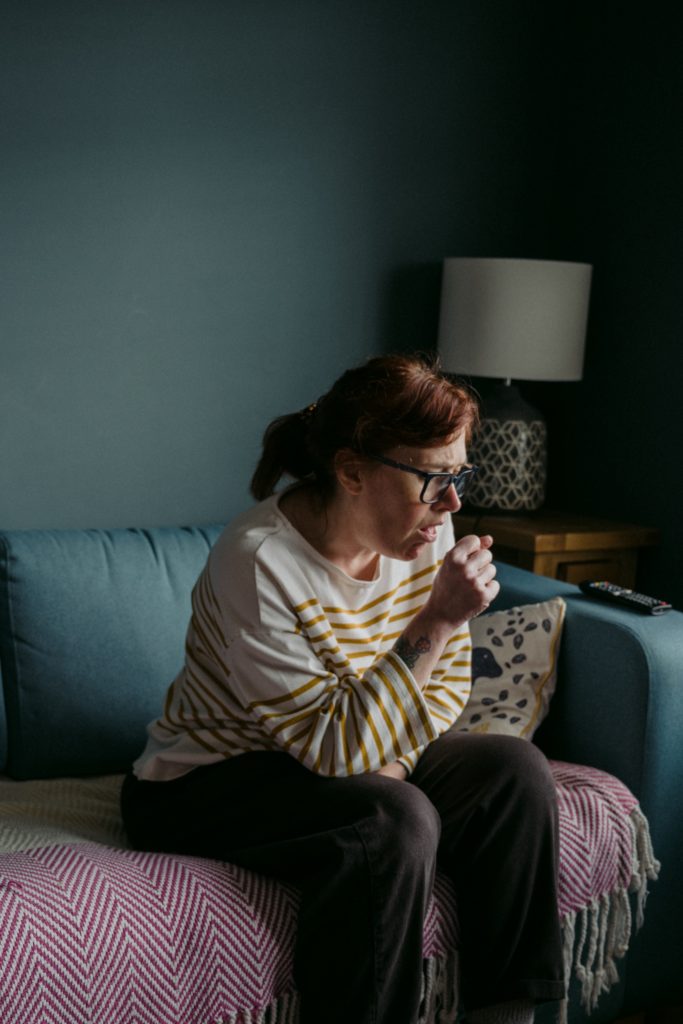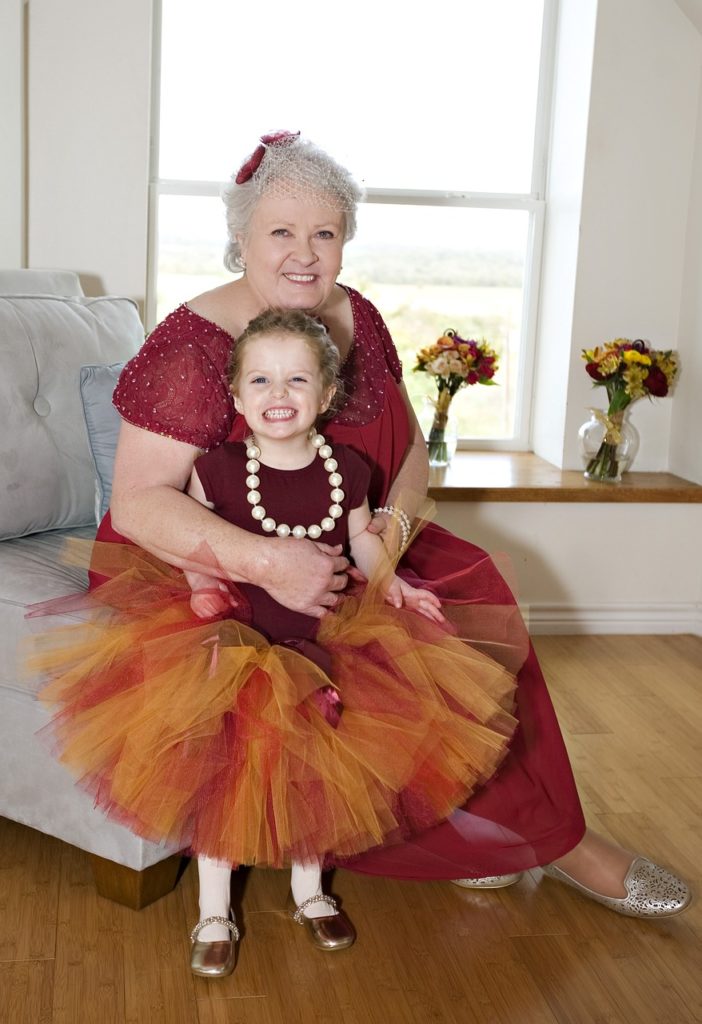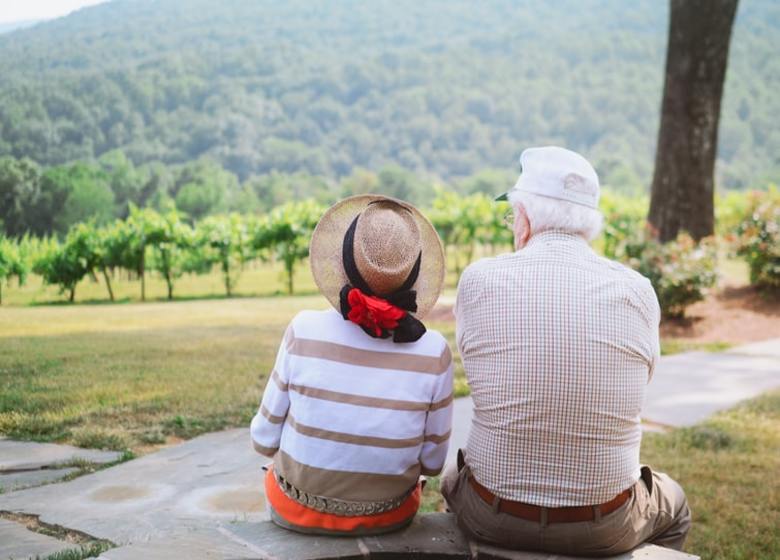The latest COVID-19 coronavirus crisis has brought the nation to its knees. The novel coronavirus that spreads around the world has made people stay cooped in their homes and pray for survival. There is no age limit for the Covid-19 coronavirus, it spares none, but health organizations like W.H.O. and CDC have made it clear that the elderly are at the highest risk. If you have a senior citizen, parent or grandparent in your house, you are likely to be worried about their health. Continue reading to know how to protect senior citizens from coronavirus.
Most coronaviruses have similar symptoms of any other upper respiratory infection like:
- Runny nose
- Coughing
- Sore throat
- Fever
In most cases, you won’t know if you’ve got a coronavirus, or another cold-causing virus, like rhinovirus. You could get laboratory tests, including cultures of the nose and throat, and blood work, to find out if a coronavirus triggered the cold, but there is no explanation for it. The results of the test wouldn’t affect how you handle your symptoms, which usually go away within a few days.
But if an infection with coronavirus spreads to the lower respiratory tract (your windpipe and your lungs), it can cause pneumonia, particularly in the elderly, people with heart disease or people with weakened immune systems.
Who is at the highest risk?
Older people aged 65 or older are at the highest risk of COVID-19 coronavirus. Elderly people with certain underlying medical problems such as diabetes, respiratory disease, and heart disease may have a greater chance of experiencing severe complications if infected with the novel coronavirus. Although we do not have the power to reduce the danger to older people, we can definitely take preventive steps to keep them safe.
How To Protect Senior Citizens From Coronavirus

1. Get the facts right and tell the elders about it
Most coronaviral-related misinformation is circulated in Whatsapp and other social media, one of the reasons why a lot of people really don’t realize the severity of this pandemic. Visit W.H.O’s website for relevant details. Inform your elderly people and everyone in your family to take precautions and cautionary acts.
2. Follow basic hygiene practices
You know what you have to do if you have closely followed the news about the coronavirus situation. For one instance, you should be familiar with litany instructions on washing hands or using a hand sanitizer. The most important thing that you can do to protect yourself and the elderly in your family is to practice hygiene. Wash your hands with soap and water for at least 20 seconds, particularly when you care for an elder in your home. Clean your hands before you feed, before touching them or before helping them rest on the pillow. Tell them to do the same thing, to stay healthy.
3. Eat Healthily
One of the reasons why the elderly are at the highest risk for coronavirus COVID-19 is their poor immunity. While you don’t have an immune system like a 20-year-old, you should eat healthily and try to keep your immunity levels under the track. Make sure that the elderly just consume nutritious food in your family and you eat healthily when you are there! Why not take this opportunity to keep your body healthy from the inside?
4. Disinfect your house
Disinfect the surfaces and items in your home that are frequently touched. Clean and disinfect often handled surfaces and objects to be very cautious.
5. Wash their clothes separately
Wash the elders ‘ clothes separately and, if possible, use a disinfectant. Give them towels and hand-towels separately. Sanitize the rooms and the commonly used items.
6. Avoid physical interaction
Though having hugs from their children and grandchildren makes the elderly feel unique, it is best to save these hugs until the coronavirus COVID-19 vanishes. Avoid shaking hands, or excessively welcoming the elders. Keep a safe distance from them to keep them safe, particularly if you’re still going out for day-to-day work or to run errands. You can also make them feel appreciated in other ways, of course, a kind word and a nice gesture will just as well work!

7. Follow social distancing
When an elderly person in your family is usually very social, we agree (genuinely, we do) that keeping them from going out for their daily coffee sessions would be a hassle to you. Nevertheless, you’ll have to do your hardest to avoid them going outside–there’s no way around. The importance of social distancing can not be stressed enough, particularly during the COVID-19 coronavirus outbreak. Social distancing is an attempt that people around the world are making to stop the spread of the virus.

8. Don’t look after the elderly while you’re sick
Whether it’s a slight cough or fever, avoid taking care of your elders when you are sick. Isolate yourself and get tested, especially in these times when the mild flu-like symptoms may mean something like the COVID-19 coronavirus that is dangerous. Do not take risks, stop visiting your ancestors, protect them to the best of your ability.
9. Cancel non-essential doctor appointments
If possible, all medical appointments should be on hold. Seek to get a doctor to visit the house if possible, instead of letting the senior citizen go outside.
These are a few steps you can take to protect senior citizens from coronavirus. It may be difficult for them to stay, and you may find yourself dealing with a stubborn old person, but the only way out is sometimes tough love.
Above all, speak to them politely and kindly explain what their rituals are all about. Answer any questions they may have and direct them relentlessly in this time to make the right decisions. Pull out of the emotion card if everything fails, tell them you’re afraid that you will lose them and that at least they can take your request into consideration.
Also Read: Know The Symptoms And Prevention Of Coronavirus













